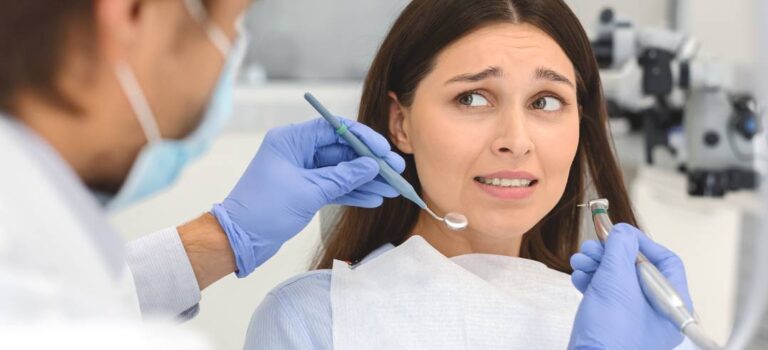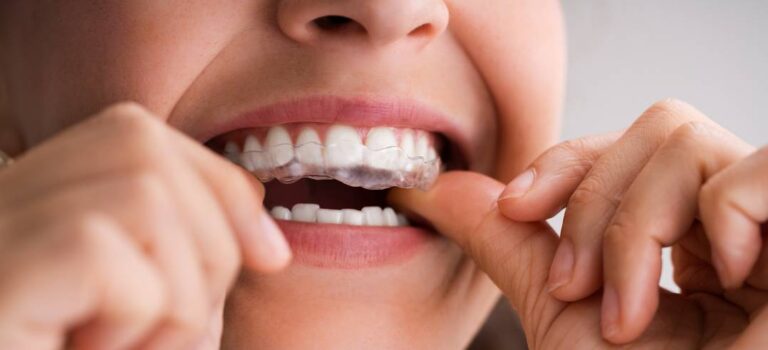Are you planning to get dental implants? It’s a great option if you want to improve the look and health of your teeth. However, you’ll also likely want to avoid any possible complications. Here are some helpful tips:
1. Brush and floss regularly
This is something you should be doing anyway. Brushing should be done 2-3 times daily and with the proper techniques. You should also floss your teeth at least once daily. This will help to keep your implants in good shape. The key is to prevent the buildup of bacteria and other tiny organisms in the mouth. This is one of the most basic steps to take but can be quite effective in avoiding implant problems.
2. Pick quality implants
The old saying “You get what you pay for” generally applies in the case a teeth implants. That’s why it’s a good idea to invest in high-quality ones. It will help to reduce the amount of money you’ll need to spend on repairs and replacements. If you want to reduce the maintenance needed for the implant, then this is one of the best steps you can take. Your dentist can help you to select good quality implants so you’ll have few problems once you purchase them. On the other hand, if you pick cheap implants you’ll likely have to spend a lot of time and effort maintaining them.
3. Regular check-ups
Make sure to find out how often you should get your implants checked. Then it’s just as important to make sure you show up as frequently as you’re supposed to. Your dentist can inspect your implants and make sure they’re in good working order. Like other, medical/dental checkups doing them regularly will help to help to make sure the implants are in good working order.
4. Don’t bite on very hard foods
This is something you should avoid to prevent the implants from breaking. If an implant starts to feel loose/shaky, it’s a sign that you should visit a dentist as soon as possible. That will help to make sure you get the problem solved as quickly as possible. This isn’t to say that you shouldn’t eat any crunchy foods. Just try to avoid super hard foods like peanut brittle, which could require you to get the implant fixed or replaced.
5. Observe any changes
It’s important to get your implants checked if you sense something is wrong. In some cases it might be nothing or a minor tweak might be required. In other cases, the implants might need a major fix or even replacement. The key is to know when one or the other is needed so you can keep your implants up to par. The problem with avoiding any changes to your implants is a small problem could become a big one. That’s something you’ll want to avoid when dealing with your implants.
These tips can help to make your dental implants procedure as effective as possible. Make sure to consider them to minimize problems and put a smile on your face.





